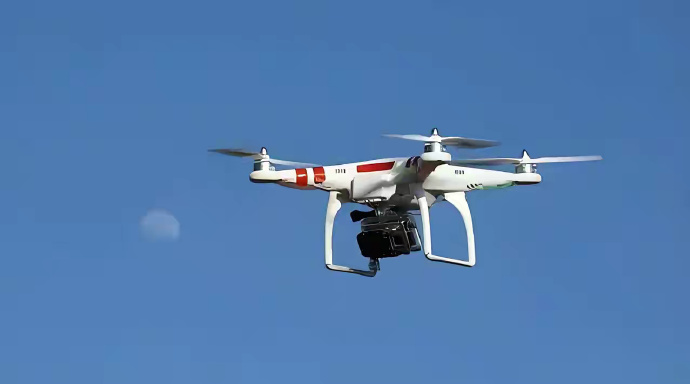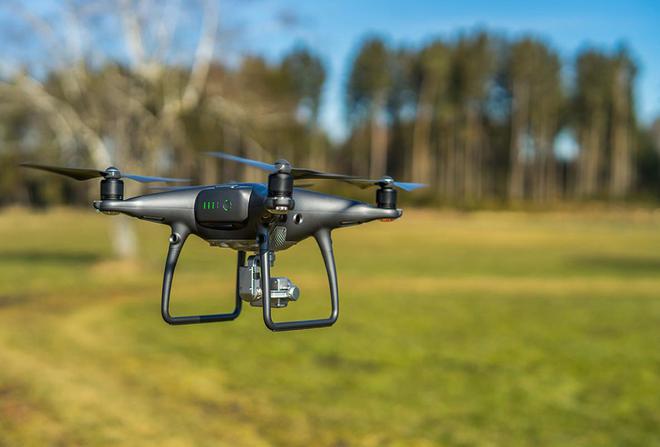Understanding the DJI Drone Ban
DJI, a global leader in drone manufacturing, has long been at the forefront of aerial technology. Its drones are praised for their reliability, advanced features, and affordability. The ban, however, has led to widespread unrest among users who rely on DJI drones for recreational and commercial purposes. The decision, driven by concerns over national security and data privacy, has forced many to reconsider their options. With DJI drones being a staple in many sectors, it is crucial to grasp the nuances of this ban.
Impact on Enthusiasts
The DJI drone ban has hit the enthusiast community hard. Many hobbyists invest significant time and resources into mastering their DJI drones, enjoying the satisfaction of capturing breathtaking aerial footage. The ban not only disrupts these activities but also poses challenges in terms of finding suitable alternatives. Enthusiasts are now compelled to explore other brands, which may not offer the same quality or features they have grown accustomed to.

Market Consequences
On a broader scale, the ban spells change for the drone industry. Competitors might see this as an opportunity to capture a larger market share, potentially leading to increased innovation as companies strive to match DJI’s standards. Moreover, the supply chain dynamics could shift, with buyers turning to less prominent manufacturers or exploring domestic options.
Industry Adaptation
Businesses that integrate DJI drones in their operations face a challenging transition period. Whether used in agriculture, filmmaking, or infrastructure inspection, the search for comparable substitutes is a pressing concern. Companies might have to deal with increased costs as they transition to alternative brands, impacting their overall budgets.
The Global Perspective
The DJI drone ban isn’t confined to one nation; it reflects a global trend of scrutinizing foreign tech companies. As geopolitical tensions rise, nations are increasingly wary of potential vulnerabilities associated with foreign technology. This situation encourages a reevaluation of international trade policies and promotes a quest for tech independence.
Finding Alternatives
As users search for alternatives to DJI drones, a few contenders emerge, each vying for attention by highlighting their superior features or competitive pricing. While some brands offer promising specs, the task of replacing DJI’s advanced technology remains daunting for many.
Moving Forward
For the affected parties, the path forward involves embracing change and staying informed about developments in the drone industry. By actively seeking out new technologies and adapting to market shifts, enthusiasts and professionals can navigate the implications of the ban while advocating for more informed policies.
FAQs

- Are there any alternatives to DJI drones that offer similar quality? There are several brands that provide quality drones with features comparable to DJI, but finding a perfect match can be challenging.
- How does the DJI drone ban affect professional industries? Industries relying on DJI drones may face increased costs and operational shifts as they seek alternative brands that meet their needs.
- What are the reasons behind the DJI drone ban? The ban stems from concerns about national security and data privacy, reflecting broader global apprehensions regarding foreign technology.
